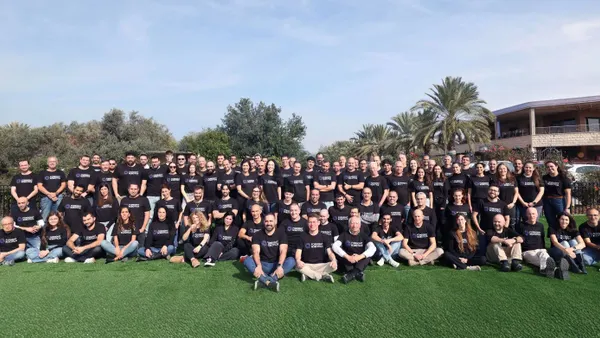Dive Brief:
-
FDA has overhauled its guidance on denying a Certificate to Foreign Government (CFG) for a medical device, responding to negative feedback. CFGs open up markets in Asia, the Middle East and Latin America by showing a device is cleared or approved for sale in the U.S.
-
The final guidance issued Thursday expands significantly on the draft released last year by, among other things, providing more information on the grounds for CFG denials and the appeals process.
- FDA made the changes after receiving feedback from groups including AdvaMed, which said the draft suffered "from inaccuracies and omissions that FDA must correct."
Dive Insight:
Medical device manufacturers can be denied CFGs if FDA finds fault with standards and practices at their facilities. A CFG is a valuable document because once a device manufacturer has the paperwork, it opens up global markets by showing regulators the FDA has signed off on a device.
Without a CFG, the device manufacturer may be unable to renew licenses or gain clearances to sell products overseas, making the denial a potentially financially significant event for the company.
Under the Food and Drug Administration Reauthorization Act of 2017 (FDARA), FDA had to provide more information on why it has declined to issue a CFG. The draft guidance published last year was part of FDA’s response to that legislative requirement but failed to satisfy some of the affected groups.
"It leaves open more questions than answers and mainly reiterates the statutory requirements," the law firm Hyman, Phelps & McNamara wrote in feedback to the agency.
Medtech trade group AdvaMed also criticized the draft, arguing the section on reviewing denials has "critical gaps" and accusing FDA of failing to meet FDARA requirements or correct inconsistencies in its current process.
FDA responded to the feedback by making major changes to all the key sections of the draft. In a new subsection on the grounds for denial, FDA goes into more detail about why it may reject requests, adding it will provide summaries that "describe the major noncompliance issues that are the basis for the denial and associated reference to the Quality System regulation."
The final guidance also features information on what will happen when FDA denies a CFG request on the basis of the applicant’s business relationship with a noncompliant third party. In that scenario, the applicant will receive a notice the denial relates to the third party but, owing to disclosure requirements, will not receive the substantive summary.
FDA also expanded its position on the review of CFG denials, including by adding a subsection on the assessment of new information. The final guidance includes details of the information companies should submit to request a review of a CFG denial. FDA is giving companies up to 60 days from the issuance of a denial to request a review, a detail absent from the 2018 draft.












